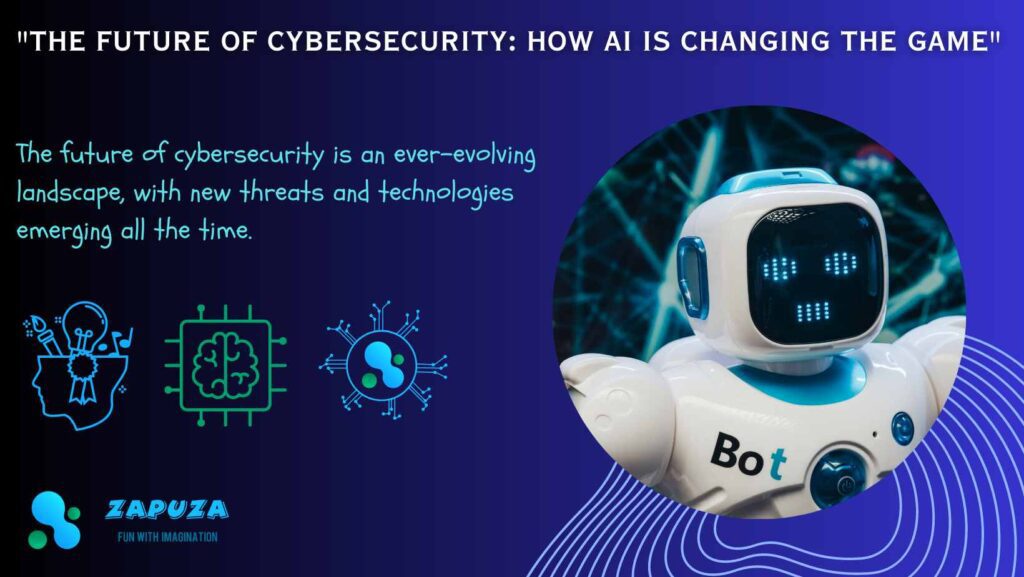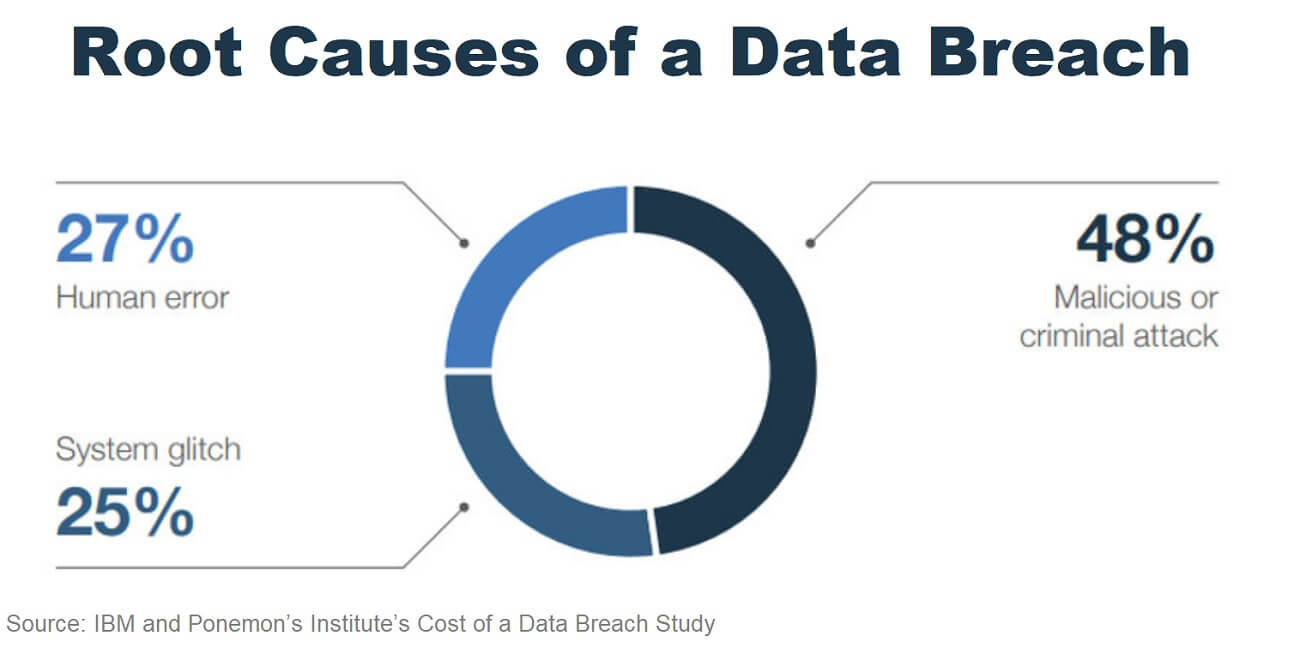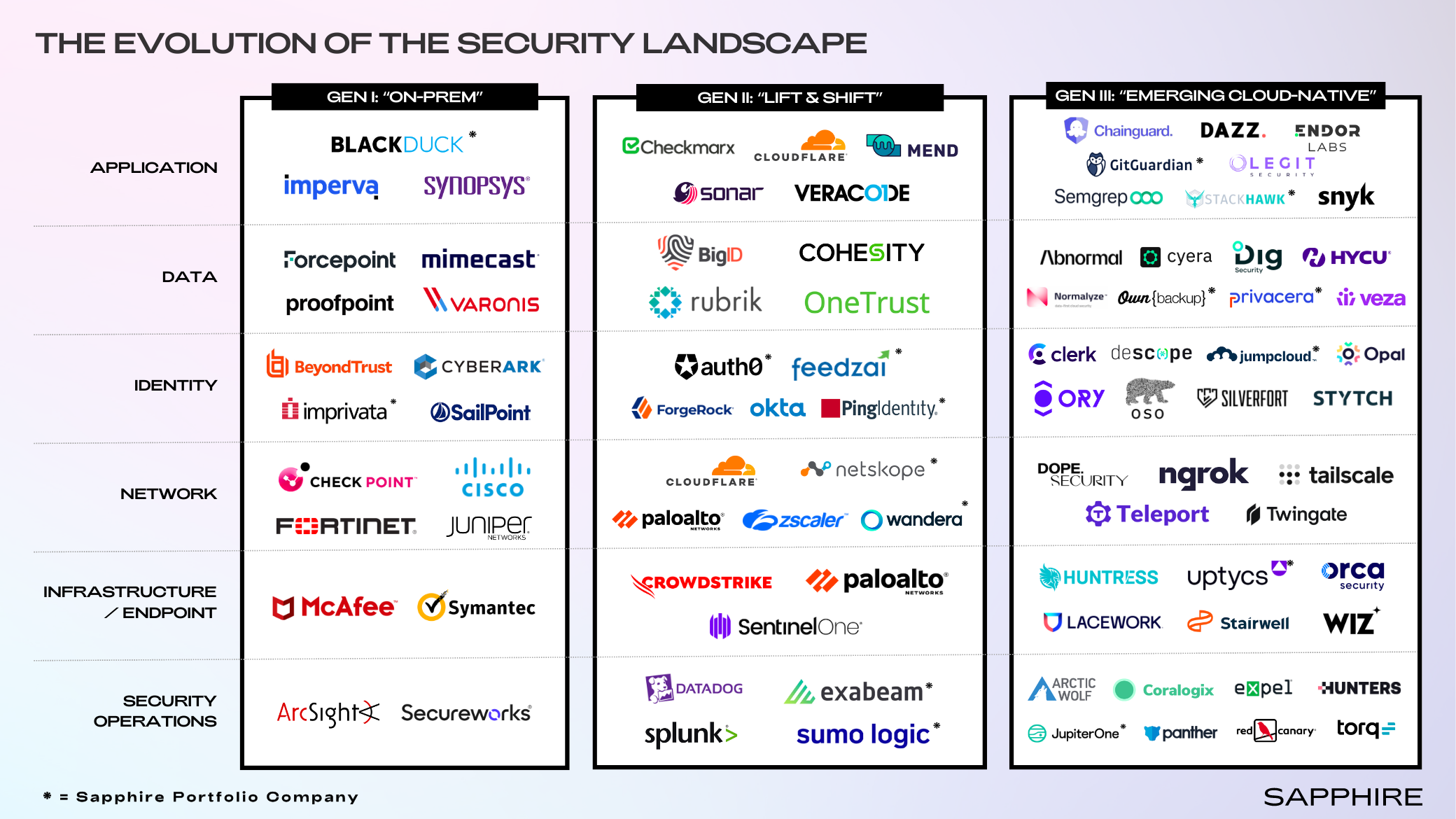The Evolving Landscape of Online Game Security: A Look at 2025
Related Articles: The Evolving Landscape of Online Game Security: A Look at 2025
Introduction
With enthusiasm, let’s navigate through the intriguing topic related to The Evolving Landscape of Online Game Security: A Look at 2025. Let’s weave interesting information and offer fresh perspectives to the readers.
Table of Content
The Evolving Landscape of Online Game Security: A Look at 2025

The world of online gaming is a dynamic landscape, constantly evolving with advancements in technology. As we approach 2025, the question of security remains paramount, particularly in light of the increasing sophistication of cyber threats. While the prospect of online games being hacked might seem like a distant concern, it is a reality that developers, publishers, and players must acknowledge and address. This article delves into the potential vulnerabilities of online games in 2025, examining the evolving security threats and the strategies being employed to mitigate them.
The Ever-Present Threat of Hacking
Hacking in the context of online gaming encompasses a wide range of malicious activities aimed at exploiting vulnerabilities within game systems and networks. These activities can range from disrupting gameplay and stealing in-game assets to compromising user accounts and stealing sensitive personal information.
Evolving Tactics and Technologies:
Cybercriminals are constantly refining their techniques, leveraging advancements in technology to exploit new vulnerabilities. Some of the key trends shaping the landscape of online game security in 2025 include:
- Artificial Intelligence (AI) Driven Attacks: AI is increasingly being used by hackers to automate attacks, identify vulnerabilities, and create sophisticated malware. This allows them to target specific games and players, personalize attacks, and adapt to security measures more effectively.
- Advanced Social Engineering Techniques: Hackers are employing social engineering tactics like phishing scams and fake giveaways to trick players into revealing sensitive information or downloading malicious software.
- Exploitation of Zero-Day Vulnerabilities: Zero-day vulnerabilities are flaws in software that are unknown to developers and therefore haven’t been patched. Hackers exploit these vulnerabilities before they are addressed, often resulting in widespread breaches.
- Distributed Denial of Service (DDoS) Attacks: These attacks overwhelm servers with traffic, rendering them inaccessible and disrupting gameplay for legitimate players.
- Botnets and Automated Attacks: Hackers use botnets, networks of compromised computers, to launch automated attacks against online games, disrupting gameplay and stealing resources.
The Importance of Proactive Security Measures
Recognizing the evolving threat landscape, developers and publishers are implementing a variety of security measures to safeguard their games and players. These measures include:
- Robust Encryption: Encrypting data in transit and at rest helps prevent unauthorized access to sensitive information.
- Multi-Factor Authentication (MFA): MFA adds an extra layer of security by requiring users to provide multiple forms of authentication before granting access to their accounts.
- Regular Security Audits and Patching: Frequent security audits and prompt patching of vulnerabilities are essential to stay ahead of potential threats.
- Advanced Threat Detection and Prevention: Implementing advanced security solutions like intrusion detection systems and anti-malware software helps identify and prevent malicious activity.
- User Education and Awareness: Educating players about common hacking techniques and best practices for online security is crucial in mitigating the risk of falling victim to attacks.
- Collaboration and Information Sharing: Sharing information and best practices among developers, publishers, and security researchers is essential for a collective response to evolving threats.
The Role of Players in Securing Online Games
While developers and publishers bear the primary responsibility for securing their games, players also have a role to play in protecting themselves from attacks. Here are some key steps players can take:
- Use Strong Passwords: Employ strong, unique passwords for each online game account and avoid using the same password across multiple platforms.
- Enable Multi-Factor Authentication: Always enable MFA for online game accounts to add an extra layer of security.
- Be Wary of Phishing Scams: Avoid clicking on suspicious links or downloading files from unknown sources.
- Keep Software Updated: Regularly update game clients and operating systems to patch vulnerabilities.
- Report Suspicious Activity: Report any suspicious activity or potential security breaches to game developers or support teams.
FAQs
Q: What are the most common types of online game hacks?
A: Common hacking techniques include account theft, in-game item duplication, botting (using automated software to gain an unfair advantage), and DDoS attacks.
Q: How can I protect myself from being hacked in online games?
A: Follow the tips outlined above, including using strong passwords, enabling MFA, being wary of phishing scams, and keeping software updated.
Q: What should I do if my online game account is hacked?
A: Contact the game developer or support team immediately to report the breach. Change your password and enable MFA if possible.
Q: Are online games becoming more secure over time?
A: While there is no guarantee of complete security, developers and publishers are constantly improving their security measures and adapting to new threats.
Tips for Developers and Publishers
- Invest in robust security infrastructure: Implement advanced security solutions like intrusion detection systems, firewalls, and anti-malware software.
- Prioritize security testing: Conduct regular penetration testing and security audits to identify and address vulnerabilities.
- Foster a culture of security: Encourage developers to prioritize security in all stages of game development.
- Collaborate with security researchers: Engage with the security community to gain insights into emerging threats and best practices.
Conclusion
The security of online games is an ongoing battle between developers and hackers. While the threat of hacking is ever-present, advancements in technology and collaborative efforts are working to mitigate the risks. By implementing robust security measures, staying informed about emerging threats, and educating players about best practices, developers, publishers, and players can work together to ensure a safer and more enjoyable online gaming experience. As we progress towards 2025, the importance of proactive security measures will only continue to grow, ensuring the continued enjoyment and integrity of the online gaming world.








Closure
Thus, we hope this article has provided valuable insights into The Evolving Landscape of Online Game Security: A Look at 2025. We appreciate your attention to our article. See you in our next article!